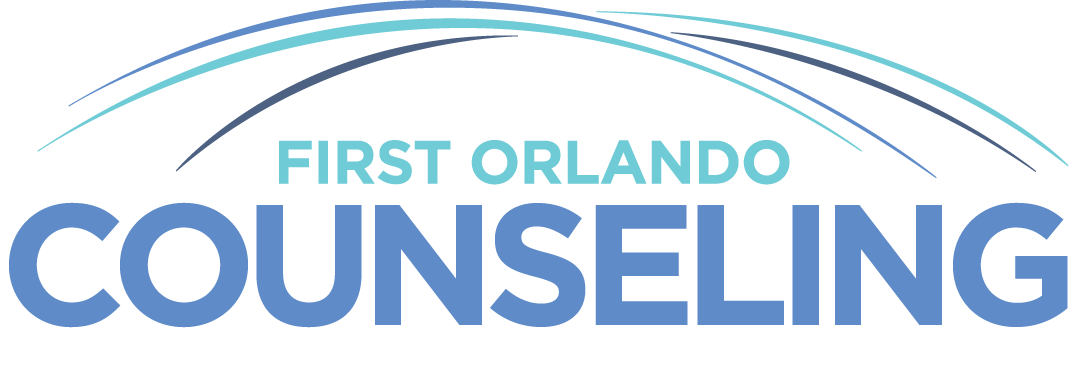Substance use
Looking for peace and well-being?
Choosing to end a pattern of drug, alcohol, or nicotine use is a big step towards a healthier and happier life. First Orlando Counseling Center can help you develop, initiate, and maintain a change plan. We cater our treatment to your needs and goals to help you move towards your desired outcomes of peace and well-being.
The bondage of addiction is not only about the physical impact of a substance. Addiction programs the brain to respond and seek out addictive substances even long after physical detox is complete. The numbers are clear, 40-60% of people who take a first-step of recovery and attend rehab relapse back into addictive patterns. Counseling can help you to manage the environmental and emotional cues that set the cycle of use in motion.
Create a plan for growth and recovery.
Our process begins getting to know you and your story. We believe that addictive behaviors start as an attempt to manage emotional, relational, and environmental struggles. So, developing a treatment plan that focuses on you as a whole person helps us find solutions that go beyond just not using a substance. We use proven techniques like Cognitive Behavioral Therapy, Motivational Interviewing, Family Systems Therapy, along with advanced trauma and reprocessing techniques to help you heal and find new ways of coping. We are best equipped to help people who are either post-detox or are using but still able to maintain the activities of daily life. Where ever you find yourself we can offer expert guidance and care to take your next step towards freedom.
If you are in crisis:
Call the National Suicide Prevention Lifeline a 24−hour crisis center or dial 911
1−800−273−TALK (8255)
Text the Crisis Text Line The Crisis Text Line is free, 24/7 support for those in crisis.
Text "Home" to 741741 from anywhere in the US to text with a trained Crisis Counselor.
Contact your mental health provider.
Get help from your physician or other health care provider.
Reach out to a friend, family member, or other social support.
The information provided is not for diagnostic use or a substitute for mental health care. A mental health professional can make a proper assessment of your symptoms and help you recover. If you believe you have Post Traumatic Stress Disorder‚ talk with your doctor or a mental health professional immediately.

